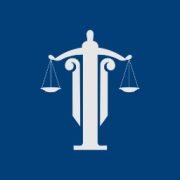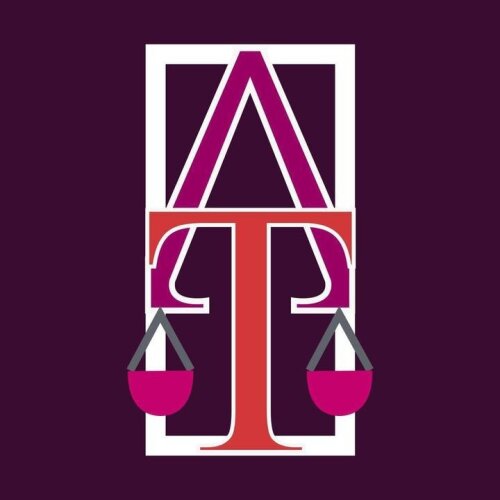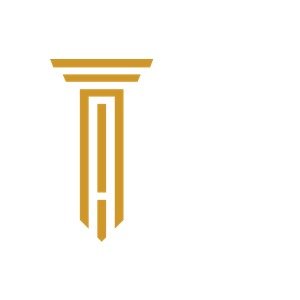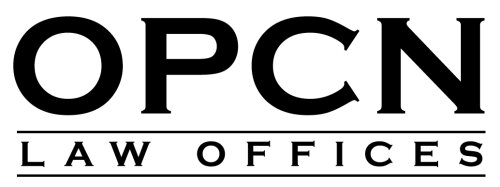Best Drunk Driving Lawyers in Quezon City
Share your needs with us, get contacted by law firms.
Free. Takes 2 min.
List of the best lawyers in Quezon City, Philippines
About Drunk Driving Law in Quezon City, Philippines
In the Philippines, the Anti-Drunk and Drugged Driving Act of 2013 is aimed at penalizing drivers under the influence of alcohol and dangerous drugs. Quezon City, being part of the Philippines, adheres to this law. This law empowers law enforcement officers to conduct sobriety tests and sets strict penalties for drunk driving, ranging from imprisonment to heavy fines, depending on the harm caused.
Why You May Need a Lawyer
Understanding your legal rights and navigating the complex judicial system can be challenging for anyone caught driving under the influence. You may need a lawyer to help interpret the law, ensure that correct procedures were followed during your arrest, represent you in court cases, and negotiate penalties. If someone is injured or killed due to your drunk driving, a lawyer is crucial to deal with the serious legal consequences that may follow.
Local Laws Overview
The Anti-Drunk and Drugged Driving Act prescribes sobriety tests by law enforcement officers, breath analyzer tests, and other chemical tests as necessary to determine the alcohol and dangerous drug content level in a person's body. A driver is considered driving under the influence (DUI) if their blood alcohol concentration level is above 0.05%. Penalties range from 3 months imprisonment and a fine of 20,000 pesos for first-time offenders to perpetual revocation of license and larger fines for multiple offenses or if the drunk driving resulted in physical injuries or homicide.
Frequently Asked Questions
What is the legal blood alcohol limit for drivers in the Philippines?
The legal blood alcohol concentration limit for drivers in the Philippines is 0.05%. Any percentage exceeding this limit is considered illegal.
Can I refuse to take a sobriety test?
Refusing to undergo a sobriety test can be grounds for arrest and can lead to confiscation of your driver's license.
What are the penalties for a first-time DUI offender?
First-time offenders can face three months imprisonment and a fine ranging from 20,000 to 80,000 pesos.
What if my drunk driving caused physical injuries or death?
If your drunk driving results in physical injuries or homicide, you could be facing a prison sentence ranging from 12 years and one day to 20 years, along with a fine of 300,000 to 500,000 pesos.
Can I have my license reinstated after a DUI offense?
Your eligibility to have your license reinstated depends on the severity of your case and the decision of the court. However, for repeat offenders or when the offense results in physical injuries or homicide, the license can be perpetually revoked.
Additional Resources
The Land Transportation Office (LTO) is the main governmental body that handles issues related to traffic rules and regulations. The Department of Health's website also provides valuable information on substance abuse. Non-governmental organizations like the Philippine Global Road Safety Partnership provide resources and support for those affected by drunk driving incidents.
Next Steps
If you need legal assistance relating to a DUI case, first, consider finding a reputable and specialized lawyer. Discuss your situation openly and get to understand the legal implications. It's advisable to cooperate fully with the law enforcement agencies and always inform your attorney about any developments in your case.
Lawzana helps you find the best lawyers and law firms in Quezon City through a curated and pre-screened list of qualified legal professionals. Our platform offers rankings and detailed profiles of attorneys and law firms, allowing you to compare based on practice areas, including Drunk Driving, experience, and client feedback.
Each profile includes a description of the firm's areas of practice, client reviews, team members and partners, year of establishment, spoken languages, office locations, contact information, social media presence, and any published articles or resources. Most firms on our platform speak English and are experienced in both local and international legal matters.
Get a quote from top-rated law firms in Quezon City, Philippines — quickly, securely, and without unnecessary hassle.
Disclaimer:
The information provided on this page is for general informational purposes only and does not constitute legal advice. While we strive to ensure the accuracy and relevance of the content, legal information may change over time, and interpretations of the law can vary. You should always consult with a qualified legal professional for advice specific to your situation.
We disclaim all liability for actions taken or not taken based on the content of this page. If you believe any information is incorrect or outdated, please contact us, and we will review and update it where appropriate.
















